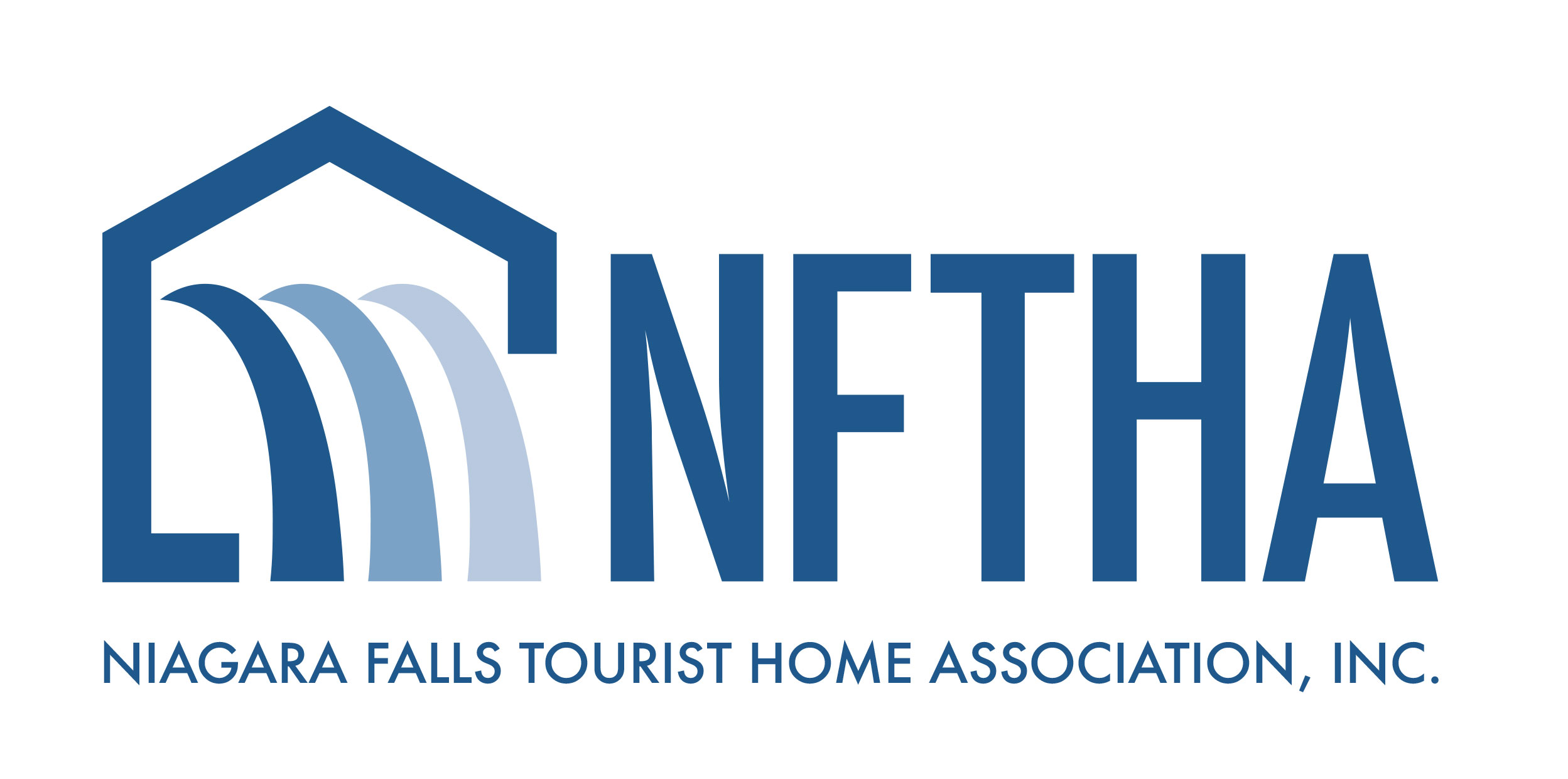Let’s review Councilman Voccio’s Statements in his “Let’s Save Niagara Falls’ Neighborhoods” piece he posted.
“Our neighborhoods are threatened by a number of issues, including a few bad actors in the short term rental industry who are wreaking havoc on what were once residential streets.”
The term wreaking havoc would mean that there are numerous complaints that have been filed with the City Police Department and Code Enforcement. Yet, there is no evidence of this. A FOIA was submitted to the city in the Summer of 2020 to get this exact information: How many complaints have been registered with city departments (Police and Code) against STRs? It is a year later and in violation of FOIA laws, the request has not be answered. Begging the question, is this really a problem. Anecdotes are not facts. No one wants bad actors of STRs or Long Term Rentals in their neighborhoods. The NFTHA doesn’t either. But there are laws currently to address those bad actors, enforce them.
“While I am an ardent champion of free enterprise, we have rules and zoning ordinances for a reason. It’s not fair to homeowners to turn their residential neighborhoods into commercial districts.”
This is hyperbole. Residential use is residential use. Long Term Rental owners are also operating a business. Should they not be allowed. And, statistics show that the majority of problems in residential neighborhoods come from LTRs.
“The city ordinance that regulates these rental units is in desperate need of reform. More and more homes in more and more neighborhoods are being bought up by investors who rent them out for the night, turning the house next door into a small hotel. There’s a lot of money to be made for these investors.”
Single and two family homes are not a hotel by legal definition. Is Councilman Voccio’s issue that people are making money on these STRs? Champion of Free Enterprise? Yes, the STR market is more lucrative than the regular rental market. Which allows homeowners of STR’s to make improvements to their properties and subsequently their neighborhoods. The regular rental market is so weak that distressed properties and slumlords abound. After taxes, utilities and insurance, LTR owners have very little left to make capital improvements to their aging homes. STR owners have single handedly raised property values for all homeowners in the areas of the city where they operate. Compare the difference in the selling price of homes prior to STRs to now.
“We implemented a temporary moratorium on the issuance of new STR (short term rental) permits so city government could revise the ordinance. We eventually had a new ordinance that four of the five members of the City Council agreed with, and even the fifth member wasn’t exactly opposed to it.
But because of a quirk of our zoning laws, in order to pass that new ordinance we needed a unanimous Council vote, and one Council member voted against the measure, leaving us with the weak existing law.”
The moratorium was “temporary” but lasted nine months as it was extended twice. This moratorium denied citizens the right to the legal use of their property. It did not stop illegal operators for opening and operating. It only affected those who want to follow the law.
The proposed law was rejected by the Niagara County Planning Board and the Niagara Falls City Planning Board for good cause.
The requirement to have a unanimous vote is not a quirk, it is designed to protect the rights of property owners. However, Councilman Voccio and his ilk don’t want to play by the rules. It is a playbook that sounds all too familiar, if you don’t get your way change the rules and stack the boards with people that will vote the way you want them too.
As I write this, the Council is about to vote on another temporary moratorium on new STR’s and we will shortly vote on a plan to protect our neighborhoods from becoming commercial districts. Of course, there will be opposition to this, and they will be well funded and loud in their efforts to protect their lucrative business interests.
Again, residential use is not a commercial district unless you wish to ban LTRs as well. Well-funded? Where did that come from? We are a group of citizens, that have never taken a dime of government money. We use or own resources, not special interest money, to voice our opposition to harassment and the strangling of our small businesses by the city government.
The NFTHA has repeatedly asked to work with the Council to make improvements to the STR Ordinance. They have been shut out and ignored.
In fact, three of the candidates for City Council this year are either leaders of the short term rental lobby or supportive of their efforts. This is fraught with issues, and there could be a conflict of interest issue if one of these candidates is elected.
It is not criminal for a person seeking elected office to support small businesses, work for the city, be a teacher, participate in a union or in any other legal endeavor. As professionals, if conflicts of interest occur while serving as Council members, they will recuse themselves as is the customary practice.
“We cannot allow this small industry to take over the traditionally quiet neighborhoods of our city.”
There is no evidence that STRs are taking over quiet neighborhoods. This is heavy handed rhetoric intended to create fear. It is interesting that the only neighborhoods that need to be protected are ones that this Councilman and the other Councilmen live in. If this is such a risk, why aren’t all neighborhoods being protected? Are Councilman Voccio and Mayor Retaino’s neighborhoods better than the ones in the downtown core? More worthy, more deserving? Where is the protection for ALL the neighborhoods of the City of Niagara Falls, from murder, crime, blight, illegal dumping . . .
